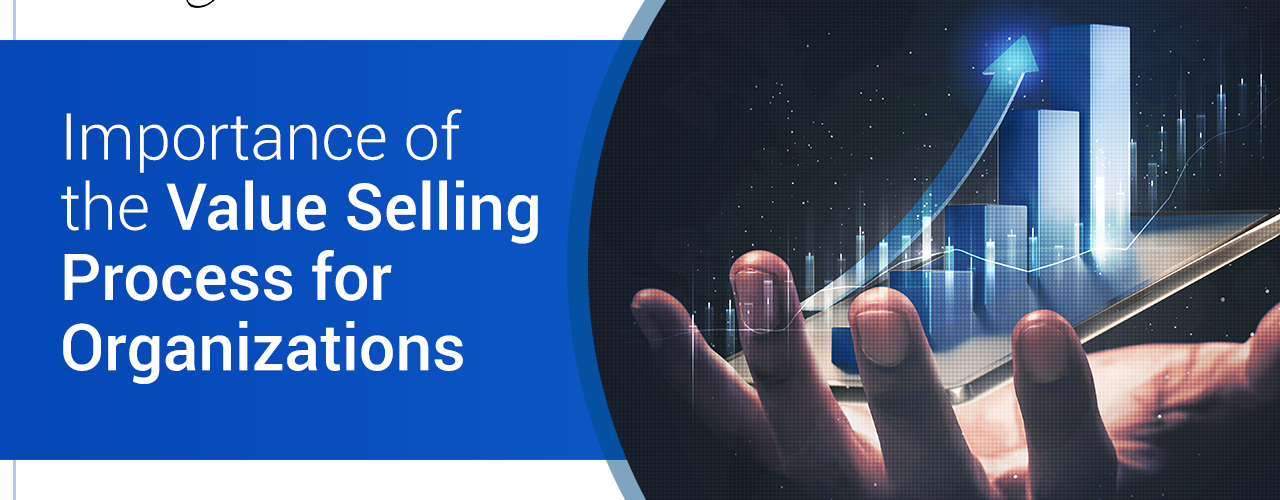Value-based selling naturally leads to the value-added selling ethos. Paying attention to alternative value-creating opportunities becomes simpler when your sales organization is focused on demonstrating to customers how your goods will provide value. Your team can provide helpful insights and tools to engage with clients and develop relationships that result in sales rather than merely concentrating on short-term objectives.
We develop a customized plan in which each organization sector is ready to surpass aggressive targets and adapt to a constantly shifting competitive landscape through facilitator-led workshops, Sales coaching, and inspiring courses. To ensure your teams accurately communicate the distinctive value of your goods and services, we continue to mentor them during and after the sales cycle.
 Always remember that value-based selling aims to complete the deal by prioritizing your prospect’s needs. But you need to know what those needs are to prioritize meeting them. Always research your contact before calling them on the phone for a sales call.
Always remember that value-based selling aims to complete the deal by prioritizing your prospect’s needs. But you need to know what those needs are to prioritize meeting them. Always research your contact before calling them on the phone for a sales call.
Aim to comprehend a prospect’s firm, industry, history, and present pain concerns when researching them. You’ll have a firm notion of how to serve them best if you get a handle on these bits of knowledge.
We aim to help you understand how to value selling helps close deals faster.
Value-based selling has a significant impact on clients’ perceptions of possible purchases. Other sales strategies strongly emphasize the product but frequently need to recognize each customer’s particular demands. The value-selling approach not only enables you to identify your target market more skillfully, but it also aids in your client presentations.
Educating prospects and customers on a topic of interest is one of the best ways to provide value to your business. By putting education first, you earn their trust by becoming their go-to source for information.
Instead of pushing the sale without any evidence of value for the buyer, your offering is significantly more tempting once trust has been formed and the prospect is prepared to buy.
Why Sales Training Program is Important for Value Based Selling?
- Helping the team understand customer perception of value
- Recognizing the value of the many components of the decision-making unit
- Putting the value proposition into tangible form
- To understand generic value selling, specific value selling, solution selling, customer value management.
- Product, service, and image value, as well as commercial value
- Entirely challenging the impact of the customer’s perspective
- Defining the expense of “not buying” or “delaying.”
- Resistance control – Handling Objection
- Getting ready for client pushback before tackling it
- The step-by-step method for handling protests and resistance
- Managing one’s price sensitivity and the psychological components of selling at a price
- Creating and articulating the compelling’ why us’ proposition to effective sales closing
- The sales behavior of a winning salesperson – selling skills that matter.
- Discuss your sales difficulties with your leadership.
- Find the source of your sales problems.
- Create functional and customized software.
- Train your sales staff to work together successfully to implement your program.
- Support your continued initiatives to bring about change.
- Make your sales leaders and managers are responsible for maintaining the process and methodology.

















Add comment